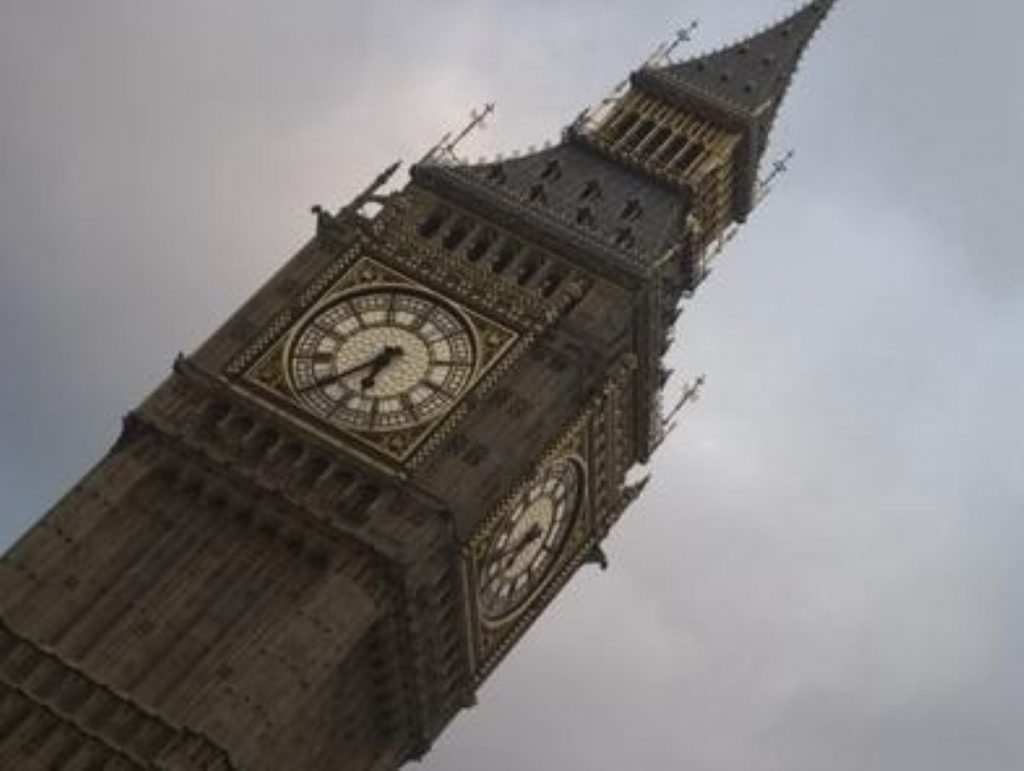Partisanship unravelling parliament’s banking inquiry
Party politics is threatening to scupper the parliamentary inquiry into wrongdoing in the banking sector proposed by ministers yesterday.
Conservative MP Andrew Tyrie, the chair of the Treasury committee who David Cameron hopes will lead the banking probe, has warned that he will not chair a "partisan" committee.
Both Labour and the Conservatives are engaged in frantic posturing as they seek to attach political responsibility for the Libor scandal to the other party.
Chancellor George Osborne, addressing calls for a full judge-led public inquiry, told the Today programme this morning: "I think the people who would be most afraid of where any inquiry goes will be the people who were in charge at the time. No-one more than me would like to see Ed Balls in the dock."
Balls responded on Sky News this lunchtime by complaining that the government had handled the inquiry in a "totally partisan way".
"We need as politicians to say look we all got this wrong, there needs to be big change and we can only do that in the open scrutiny of proper hearings with proper disclosure from the politicians and the bankers, everybody there, so the public can see it is being done properly," he said.
"Not just a parliamentary inquiry, we have had those before."
Labour's calls for a probe similar to the Leveson inquiry pose a more direct threat to the parliamentary inquiry sought by Cameron and Osborne, however.
"There's some party politics going on," Tyrie told ITV News.
"I'm not prepared to chair a committee which is partisan or seen to be partisan. It wouldn't interest me at all."
If Labour votes against the motion setting up the parliamentary inquiry such a probe may not take place at all. The Commons will debate the terms of the inquiry on Thursday before two whipped votes take place: one on a Leveson-style inquiry and another on the parliamentary inquiry proposed by the government.
Tyrie said the Treasury committee had been able to have some influence on issues because of its ability to operate on cross-party consensus among its members.
"If this committee is set up I'll be running it in exactly the same way," Tyrie added.
"I'm going to operate in a non-partisan way and I will want the support of the whole of parliament and certainly the whole of the House of Commons to do this job."
Barclays' Bob Diamond, who resigned as chief executive this morning, will face Tyrie's committee tomorrow afternoon.
Evidence before the Treasury committee is not taken under oath, as would be the case under the full parliamentary inquiry.
The probe proposed by Cameron yesterday would also have "full access to papers, officials and ministers, including ministers and special advisers from the last government", he promised in the Commons yesterday.
That prompted Conservative backbenchers behind the prime minister to deliver a barrage of jeering at the Labour frontbenchers sitting opposite.





-01.png)